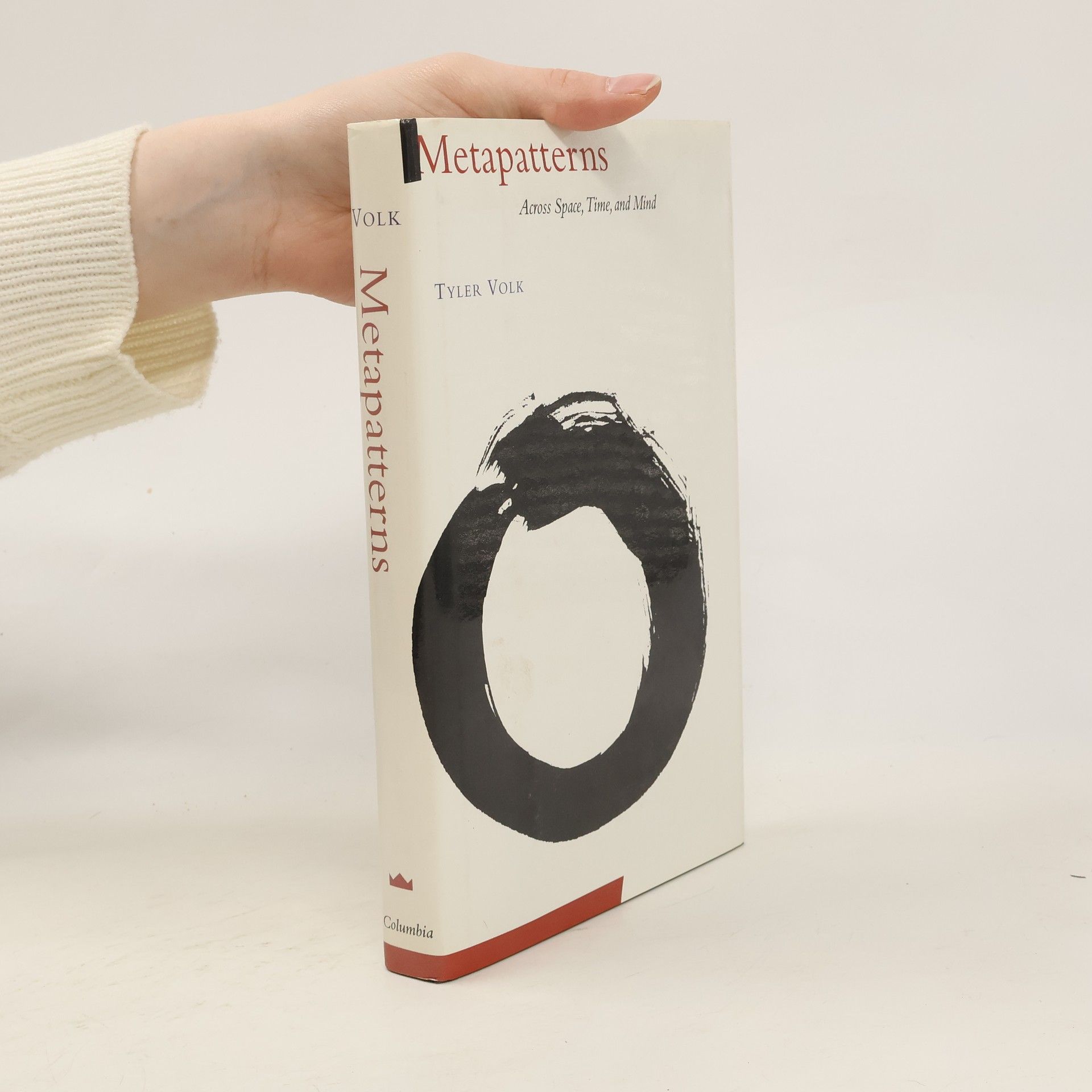Metapatterns Across Space, Time, and Mind
- 314pages
- 11 heures de lecture
Embracing nature and culture, this book seeks out the grand-scale patterns that help explain the functioning of our universe. Beginning with the archetypal patterns of space, Volk turns to the arrows, breaks and cycles that infuse the workings of time. Illustrating his metapatterns with a series of collages, Volk offers an exciting new look at science and the imagination.
